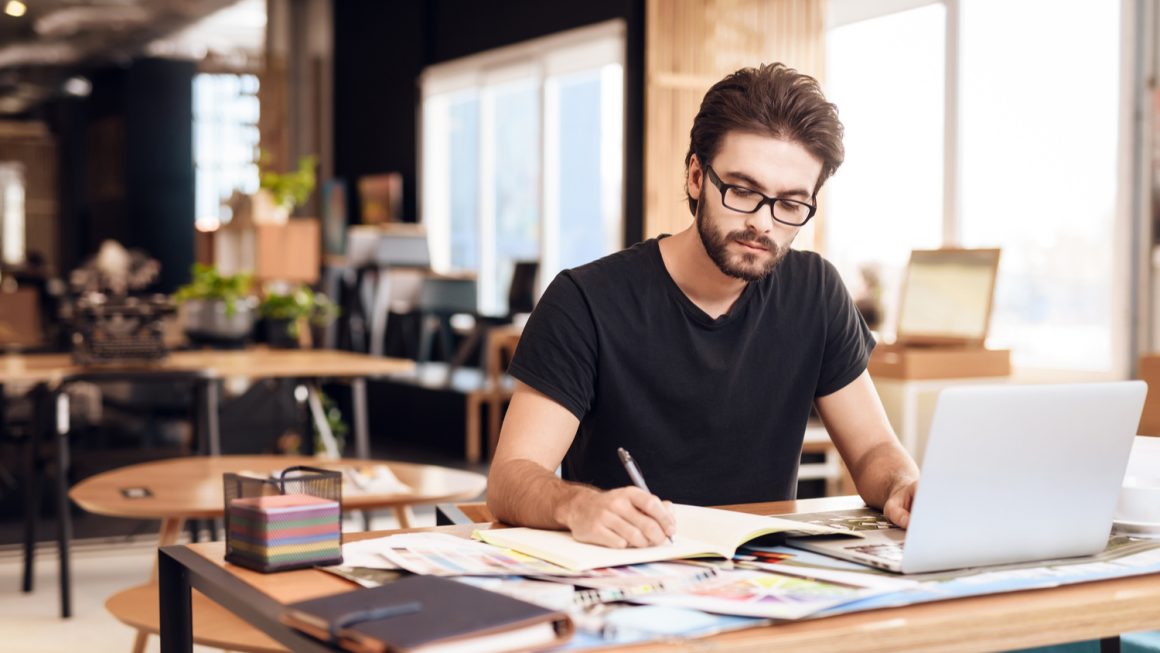Linguists and philologists conditionally distinguish three periods in the history of the English language: Old English, Middle English and New English. All this division is quite subjective, because the English language and translate russian to english existed long before the conquest by Britain by Caesar and the spread of Christianity on the territory of the state.
The first mention of people who inhabited the British Isles dates back to 800 BC. These were the Celts. Earlier facts of the existence of the peoples of those territories are not known. It was from 800 BC. the era of the British Celts begins, who spoke a special dialect. Linguists suggest that even the name of Britain comes from the Celtic brith painted. It was painted (faces and bodies) that the Celts went hunting or war. And during the conquest of the British Isles by Caesar, the Celts already had a developed culture: patriarchy flourished there, men had 8-10 wives, children were brought up first by women, and then given to the upbringing of men (boys), where they were taught to hunt and own weapons.
And words like whiskey, plaid, slogan came into English much later from the Celtic languages, whiskey (Irl. uisce beathadh “living water”), slogan (from Scottish sluagh-ghairm “battle cry”).
Later, after the conquest of Britain by Caesar, the island was visited by the Roman emperor Claudius, after which it began to be considered a Roman province. The Romans and the Celts began to communicate more closely, which was reflected in the language and culture. So, many modern English words have Latin roots. For example, castra (from lat. ″camp″). This root is found in many place names of modern Britain – Lancaster, Manchester, Leicester. Street “street” (from the Latin expression via strata “paved road”) and wall “wall” (from vallum “shaft”). There are many common nouns borrowed from Latin: wine “wine” – from Latin. vinum “wine”; pear “pear” – from lat. pirum “pear”; pepper “pepper” – from lat. Piper.
In 449, the ancestors of the English people, the Saxons, Jutes, Angles and Frisians, penetrated the territory of Britain. They outnumbered the Celtic peoples, in connection with which the Anglo-Saxon dialect completely replaced the Celtic. Also, words such as butter, pound, cheese, alum, silk, inch, chalk, mile, mint have common Germanic roots borrowed from Latin. Or the word Saturday – stands for “the day of Saturn” – the father of the god Jupiter in ancient Roman mythology.
In 597 AD Augustine introduces Christianity to Britain. Before that, there was paganism. This innovation also affected the development of the language. It was during these moments that many words relating to religion, church, and government were borrowed from Latin.
In 878, the conquest of British lands by the Danes begins. By intermarrying with British women, the Danes introduced changes in the culture and language of the Anglo-Saxons. For example, the phrase sk- or sc- at the beginning of a word in modern English has Scandinavian roots.
In the early 11th century, Britain was conquered by France. From that moment began the birth of modern English. French becomes the language of high society, science continues to speak Latin, and the common people speak Anglo-Saxon. The mixing of these three languages leads to the beginning of the formation of modern English.



